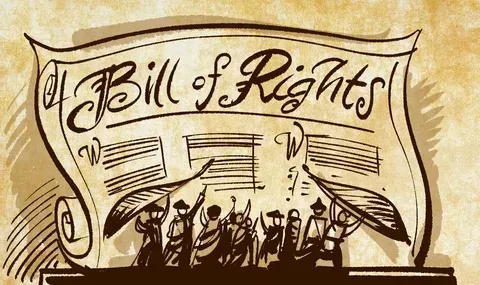What Happens If I Die Without a Will or Trust
By Jeanilou G.T. Maschhoff, Esquire • 06 April, 2024
Do you have an estate plan?
That question causes most people a certain amount of anxiety if they have not gone through the process. People often want to avoid the topic completely because of the heavy topics it entails. Very few people like to think about their own passing, their finances, and how their assets and debts will be distributed to their family members. If you are one of those people who always finds a reason to avoid the topic of estate planning, there is some good news and bad news for you.
The Good News
Your state government has you covered. Surprisingly a large number of people die without a will or trust. In those situations, the state government set forth a court supervised transfer of a person’s assets and debts through the legal process known as probate.
The Bad News
Did you really think a government-imposed regulation and process would set forth the best estate planning benefits for you and your heirs? Probate by far is better than nothing. But I assure you, if you have any opinions on how you want your assets distributed or if you want to minimize the stress of your beneficiaries, you would opt for planning your own estate.
Dying Intestate
A person who passes away without first establishing a valid will (or trust) is said to die “intestate.” When one dies without a valid will, a person’s estate is passed to their heirs according to their state’s respective laws of intestate succession, which are found in that state’s Probate Code. Now for the sake of simplicity we are not going to discuss the differences between how a will or a trust can divide or distribute your estate. Instead, we want to focus on what happens if you die intestate.
Example of What Happens to Your Assets During Intestate Succession
Under the scenario where you pass away intestate (without a will or trust) most likely a family member (or in rare circumstances the government if you do not have family) will petition the Probate Court for the authority to administer your estate. Simply put, administering the estate generally means paying off debts and distributing the remaining assets to beneficiaries.
Who are entitled to the remaining assets? That is determined by the rules of Intestate Succession determined by your state government. For example, in California it looks like this:
| Survivors | Community Property | Separate Property |
|---|---|---|
| Spouse & 1 Child or Grandchild from Predeceased Child | 100% to Spouse | 50% to Spouse, 50% to child/grandchild |
| Spouse & Multiple Children Or Grandchildren from Multiple Predeceased Children | 100% to Spouse | 33% to Spouse, 66.7% to Children/Grandchildren |
| Spouse & Parents, No Children | 100% to Spouse | 50% to Spouse, 50% to Parents |
| Spouse & Siblings, No Children | 100% to Spouse | 50% to Spouse, 50% to Siblings |
| Children, No Spouse | 100% to Children | 100% to Children |
| No Spouse, Children or Parents | 100% to Siblings, Then Nieces/Nephews, Then Grandparents, Then Uncles/Aunts, & Then Cousines | 100% to Siblings, Then Nieces/Nephews, Then Grandparents, Then Uncles/Aunts, & Then Cousins |
| No Relatives of Any Kind | 100% Escheated to the State of California | 100% Escheated to the State of California |
The question becomes if you do not have a will or trust, are you ok with this type of disposition of your assets? Do you get along with all your children, parents, or siblings? Do you want your assets to be disseminated in equal portions to your heirs? Most importantly, how will your heirs take it when the executor of your estate notifies them of the mandatory intestate succession? Odds are there will be some friction between family members.
The Probate Process
During the probate process there is a substantial difference between dying intestate/having a will versus having a trust. Having a trust can help you bypass a large portion of the probate process. Whether you die intestate or with a will your assets will go through the same probate process. The probate process will differ per state. Let’s stick with the example of the California probate process. Again, if you die intestate the state gives the Probate Court the authority to appoint an executor over your estate. That executor will distribute your estate according to the above California intestate succession rules. However, if you have a will, you will be able to appoint an executor and determine who will receive your remaining assets and in what percentage.
During the probate process your executor, while under the supervision of the court, will have to file certain court documents, make public notifications (i.e. publish in the local newspaper) of the estate to be probated, prove the will, collect the assets, pay off debts, pay statutorily designated attorney fees, and distribute the remaining assets to the beneficiaries. The probate process typically can take from 12 months to 18 months. This might not sound like the ideal situation for you, but it is preferred over the bank, creditors, or the state receiving your assets instead of your heirs.
If this blog created more stress and more reasons for you to avoid estate planning, don’t lose hope. If you are willing to tackle this difficult topic and spend some time with an estate planning attorney, they can walk you through the process and help you devise the best strategy for your unique situation. You would be surprised how working with an estate planning attorney who cares, can make planning your estate a manageable project that honors your wishes.
More News & Resources











